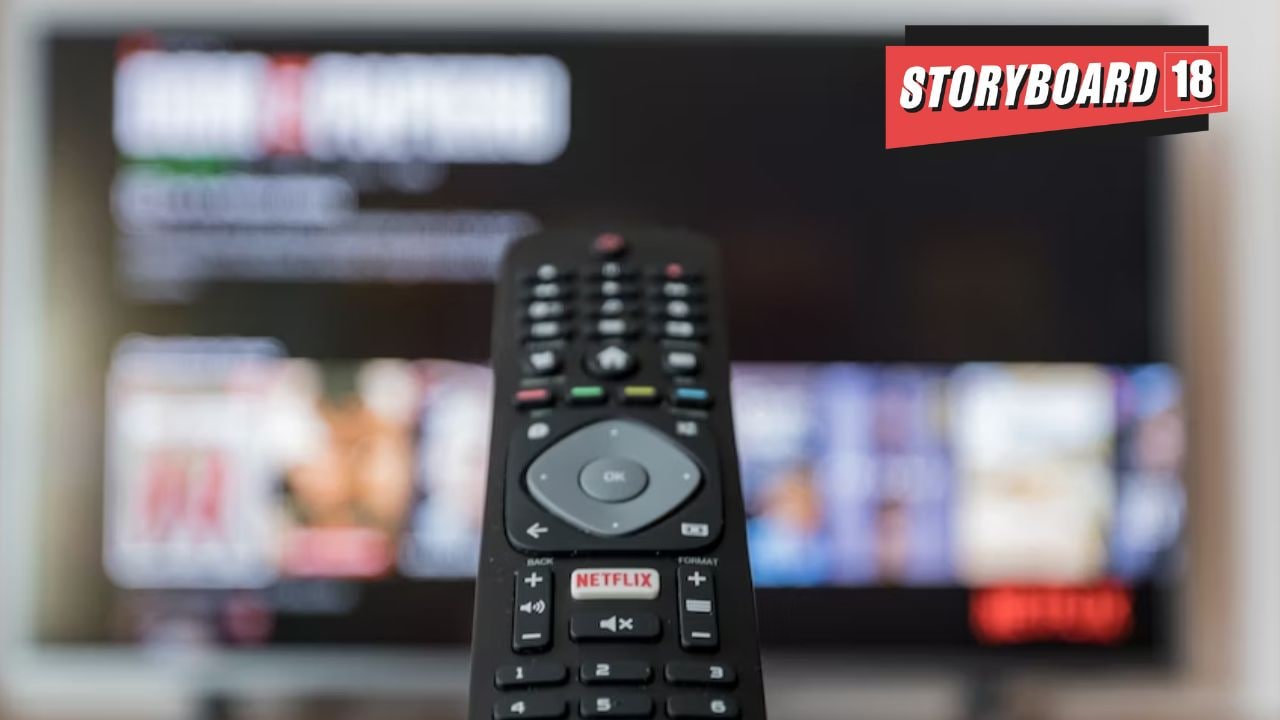The Indian Broadcasting and Digital Foundation (IBDF), representing major TV broadcasters such as Star, Viacom 18, and Times Television Network, has strongly opposed the Broadcasting Services (Regulation) Bill, 2023, proposed by the Ministry of Information and Broadcasting (MIB) in November 2023.
Amongst other concerns raised, the IBDF has requested the ministry to exclude online streaming giants such as Netflix and Amazon Prime Video from the scope of the bill.
The industry body has also highlighted that the legislation, if implemented, would grant unprecedented authority to the central government, potentially leading to content censorship and interference in the freedom of speech and expression for content creators and broadcasters.
The body also pointed out that the bill relies heavily on extensive delegated legislation, creating an atmosphere of regulatory uncertainty. This, in turn, makes it challenging for stakeholders to participate in meaningful consultations on the bill.
The Indian government’s proposed regulation, Broadcasting Services Bill 2023, for Over-the-Top (OTT) platforms, akin to cable TV, has raised some concerns about the impact on creative content and freedom of expression. The bill suggests official certification and a regulatory committee, potentially stifling artistic freedom.
Media experts argue that these measures may lead to content cuts and pricing changes and hinder the independence of OTT platforms, impacting both creators and consumers.
“The regulation of the OTT platforms in India is an extremely ambitious project. Most importantly, because this medium of broadcast is global and includes international content governed by the laws pertaining to the internet and information technology. The objective of bringing it within the same umbrella as cable TV may hamper the creativity and flow of engaging content on these platforms,” said Ekta Rai, advocate, Delhi High Court. Rai specialises in media laws.
The draft recommendations proposed a Content Evaluation Committee (CEC) and a Broadcast Advisory Council (BAC). While the CEC will be responsible for self-certification, the BAC will hear complaints regarding violations or contraventions of the Programme Code or Advertisement Code. These sub bodies will also examine the complaints or grievances received by it and make recommendations to the Central Government.
The Central Government, after taking into consideration the recommendations of the BAC, will then issue appropriate orders and directions under Section 35, which defines penalties and measures for contraventions of the Programme Code and Advertisement Code.
